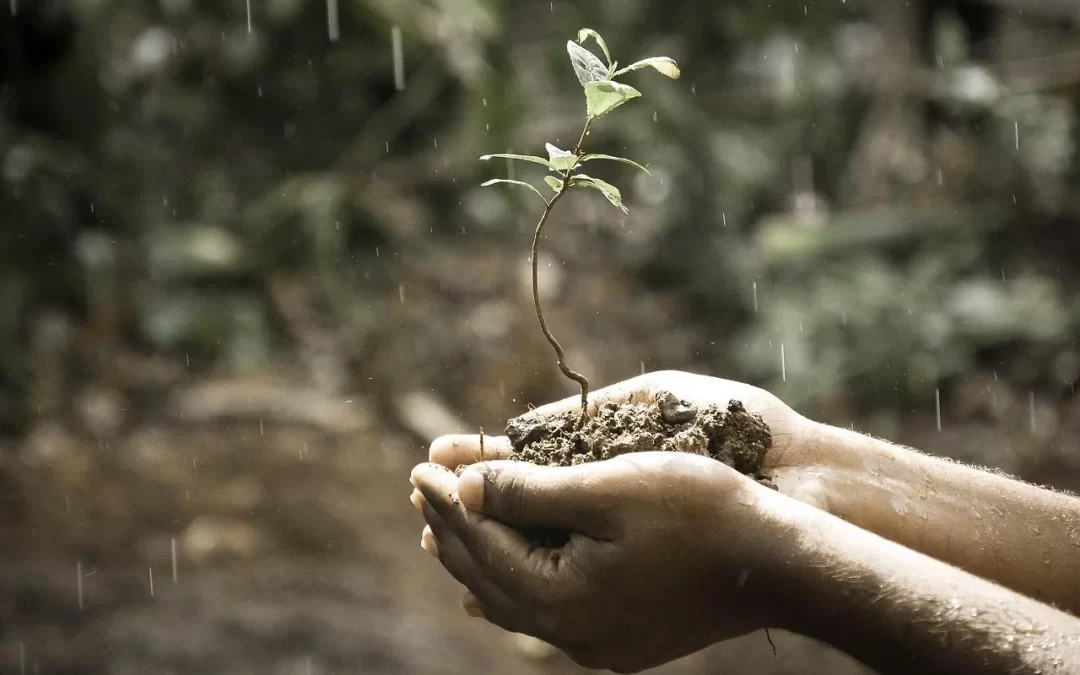According to work led by Mapa, the use of technology in crops such as rice and corn enables a reduction of up to 18.5 million tons of CO2 equivalent emissions
The use of bioinputs in Brazilian agriculture can generate savings of up to US$5.1 billion for the country. This is what a study prepared by the Ministry of Agriculture and Livestock (Mapa), in partnership with the Brazilian Association of Bioinnovation (ABBI) and the Senai Institute for Innovation in Biosynthetics and Fibers, indicates.
The strategic study “Bioinputs as an alternative to chemical fertilizers in grasses: an analysis of the innovation aspects of the sector” shows how the technology can be applied to crops such as rice, corn, wheat, sugar cane and pastures, with the possibility of reduction of up to 18.5 million tons of CO₂ equivalent emissions.
The work, launched in conjunction with the Inter-American Institute for Cooperation on Agriculture (IICA) this Tuesday (24), was the initial step of the Nitro+ Project, which aims to develop a strategy for expanding the use of inoculant technologies in grasses, similar to what happened with legumes such as soybeans.
Mapa’s Secretary of Innovation, Sustainable Development, Irrigation and Cooperatives, Pedro Neto, highlighted the importance of consolidating innovation processes in agriculture and Mapa’s challenge of creating ways to “make innovation tangible”, making it accessible and making that adds value to what is produced by all farmers in the country, regardless of their size.

